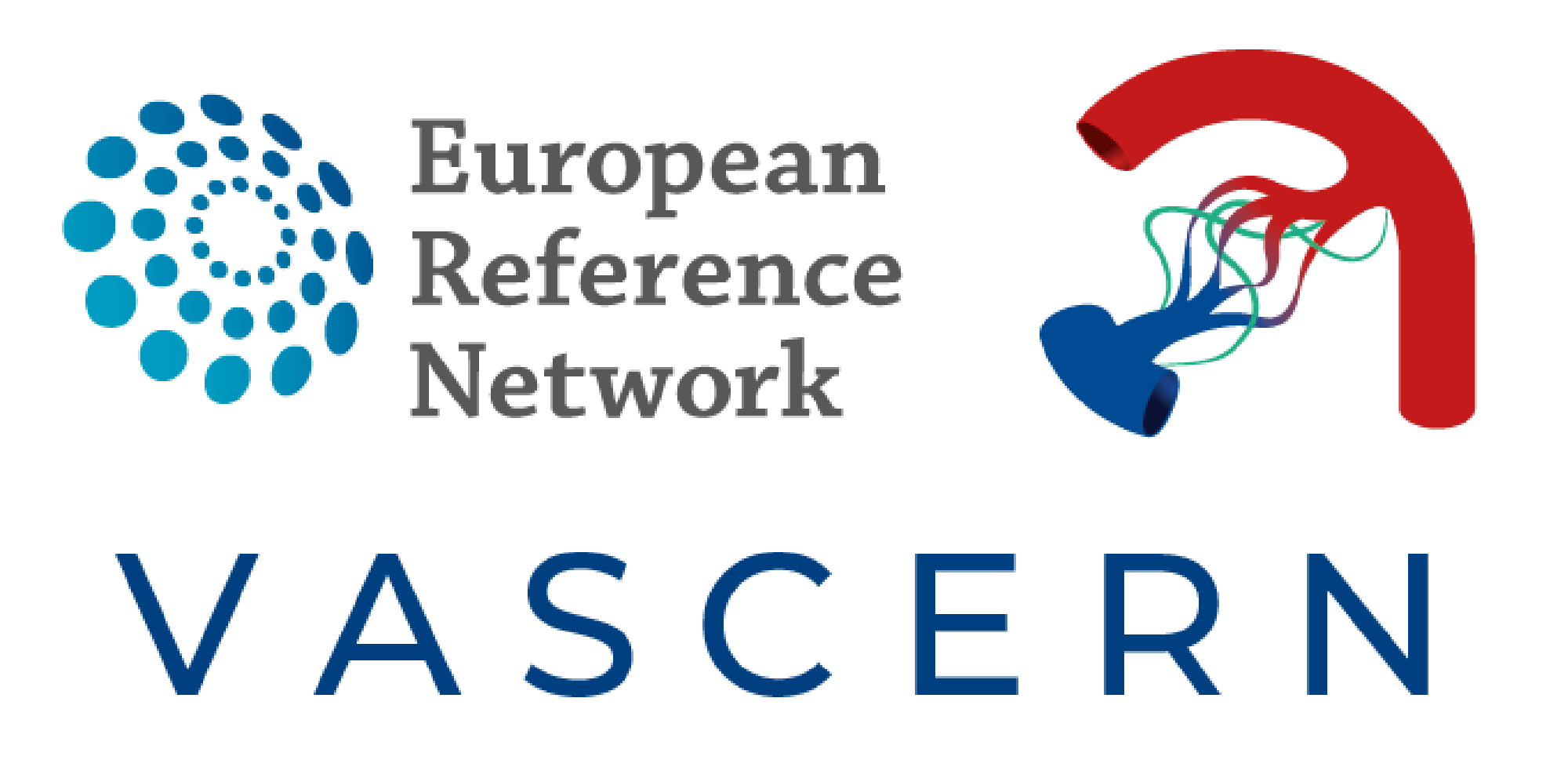
The Advisory Expert Group to the European Commission (DG Research and Innovation) on H2020, Societal Challenge 1 “Health, Demographic Change and Well-being” has released its report on the Horizon 2020 programme priorities for funding in 2018-2020. Research in Rare Diseases is named as a priority by the Expert Group (report, pp. 27-33). Important questions raised for research are: 1. What is the molecular etiology and pathophysiological mechanism? 2. Which therapeutic approach(es) could be tested to treat or cure the disease? 3. How can a clinical trial be effectively conducted, leading to impactful outcomes?
The report underlines challenges to be tackled by Research in Rare Diseases, such as: identifying novel patho-physiological pathways in appropriate disease models leading to targets for therapeutic interventions and preventive medicine; developing therapies and novel therapies; and building trial-readiness by supporting patient registries and natural history studies; defining clinical endpoint, clinical trial design and patient-relevant outcome measures for those rare diseases for which these have not yet been developed.
ERNs are mentionned as a significant innovation in healthcare management:
“After two years of life, in 2018 the first ERNs will be solidly established for well-identified disease groups and will have also shown their ability to become clusters for research development, beyond care (e.g. quality assurance mechanisms for laboratory testing; development of good practice guidelines for diagnosis and care; support to cross-national clinical trials; registries and links to other European research infrastructures, etc.). On these grounds, specific calls for European Clinical Research Networks – embedded in ERNs – should be launched to exploit in full the research potential of experts’ networking and clustering by disease areas.”
This report introduces the dialogue between the European Commission and stakeholders on the Horizon 2020 future funding priorities.
Other main research priorities are, for instance: Personalised medicine; Infectious diseases; Non-communicable diseases; Paediatrics; Public health and prevention including migration; Active and healthy ageing; eHealth; Big data, etc.
Full report available here

